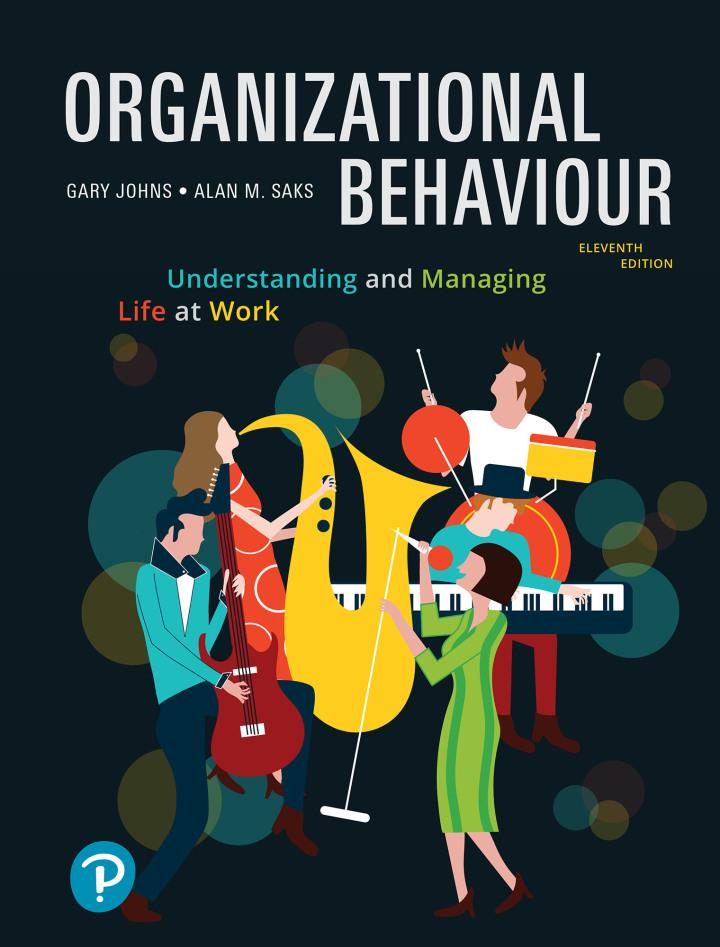While she was mostly proud of her resourcefulness, Shaw was a little uneasy about her decision. Although
Question:
While she was mostly proud of her resourcefulness, Shaw was a little uneasy about her decision. Although information on the internet was public and people controlled what they posted online, Shaw was not certain that it was fair to use web information in her hiring decision. After all, the candidate had not offered it willingly, and Shaw had not told Parsons or Jones that she would be researching them online. She did not, however, have either the time or resources to waste on hiring another bad fit. She was sure that most employers used Google and other internet sources in hiring, though few admitted it. Nonetheless, she was not comfortable with her research methods and wondered how long this discomfort would last.
Miranda Shaw was stymied. She had been on the verge of hiring a highly talented recent business school graduate, Rick Parsons, as a senior analyst for her project team. It had been a choice between Parsons and Deborah Jones, another very promising hire. Both Parsons and Jones had graduated from the same highly ranked business school that Shaw had attended, had the appropriate work backgrounds, and had performed well in their multiple rounds of interviews. From their conversations, Shaw believed either one would be a good choice for the company. While she had had a hard time deciding, she was leaning toward hiring Parsons because of his leadership skills and his reputation for tireless energy and great communication skills. Before making her final decision, Shaw- almost in desperation, because she needed to submit her recommendation to human resources immediately-had "Googled" both of the candidates. What she had discovered about Parsons both in her Google search results and on Facebook, while not necessarily a deal breaker, was disturbing enough that she had to rethink her opinion.
Shaw was a manager at a leading consulting firm. She had worked her way up from intern after four years and was on the fast track to making partner. Her company was a special place, and, as she had seen over the past few years, it took a special type of consultant to work there. She remembered plenty of cases where new hires had left the company in the first few months because they did not fit in with the high-energy and high- commitment work environment. She had seen several projects delayed or worse because of personnel issues. This high turnover was not good for the company, because it invested significant time, energy, and funds to train and mentor new hires. Shaw believed in the adage that
"you are only as good as the people who work for you," and she knew that making the right hiring decisions was critical to her success at the firm. Shaw had to take these factors into consideration as she decided between two equally qualified candidates for the position.
In her web search, Shaw was initially impressed with Parsons. He was obviously very involved in non-profit work and had won a number of community service awards. But she then discovered his Facebook page and found herself quite dismayed. There were several pictures of Parsons with his fraternity brothers; in most, they were drinking, smoking cigarettes, and-in his own words-"smokin' blunts." This term, Shaw learned after a little research, meant smoking cigars hollowed out and stuffed with marijuana.
She then turned her Google efforts to Jones. She did not discover any personal information about Jones, nor did she find Jones on Facebook.
There were only work-related sites that listed Jones as an effective project member.
Shaw sighed in dismay. She had been poised, only an hour earlier, to submit her recommendation to hire Parsons. Now she was not sure what to do.
Do the prominence of Rick on the web and the relative absence of Deborah reflect gender differences in communication?
Step by Step Answer:

Organizational Behaviour Understanding And Managing Life At Work
ISBN: 9780135218549
11th Edition
Authors: Gary Johns, Alan M Saks





